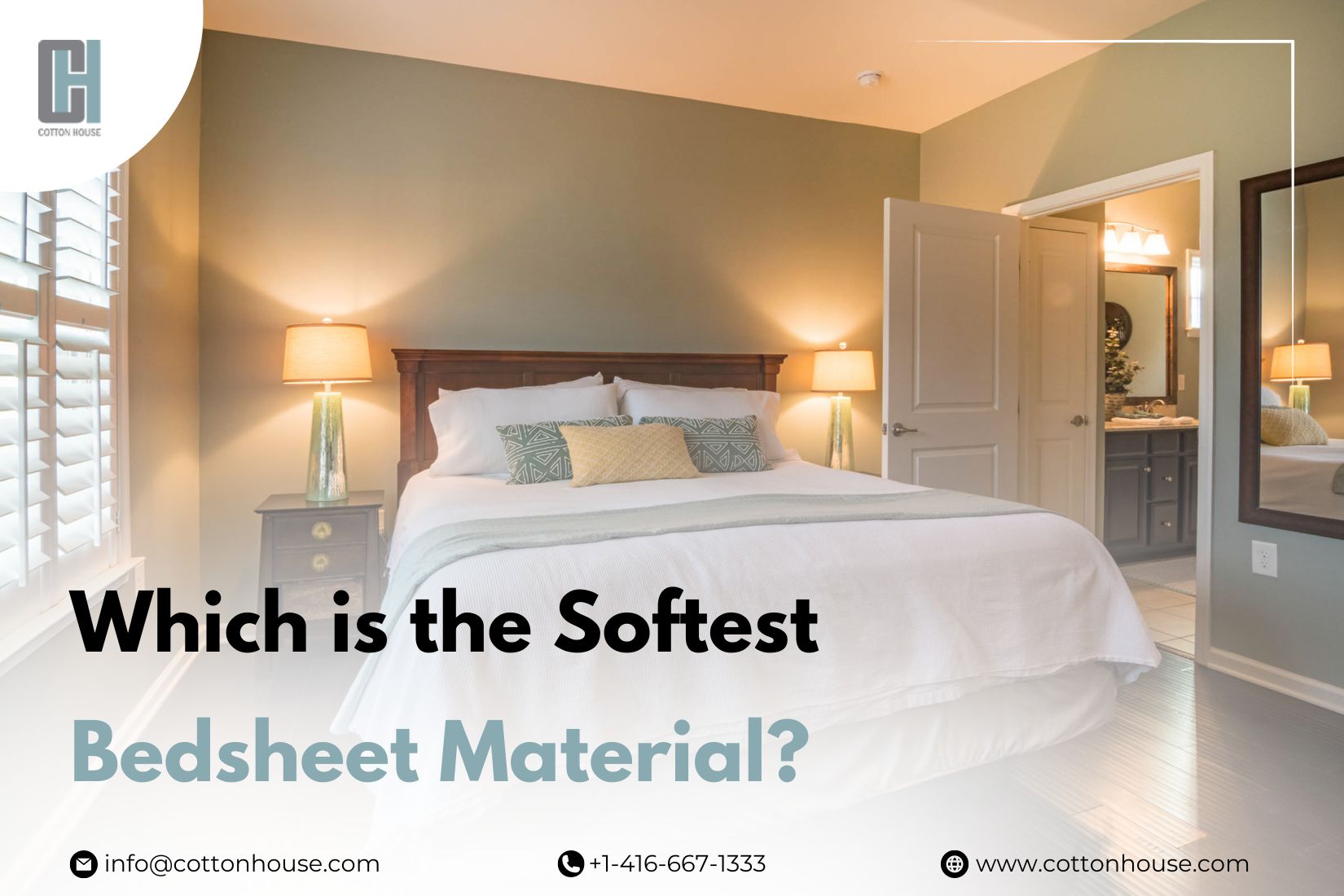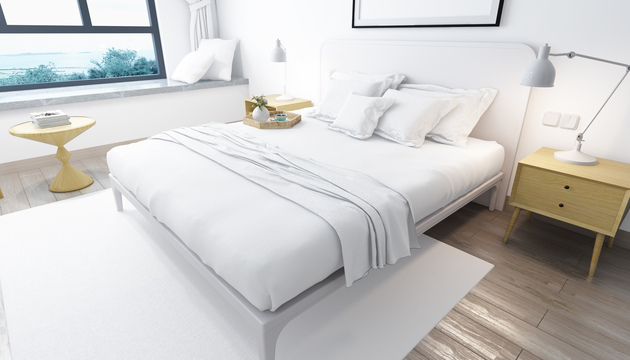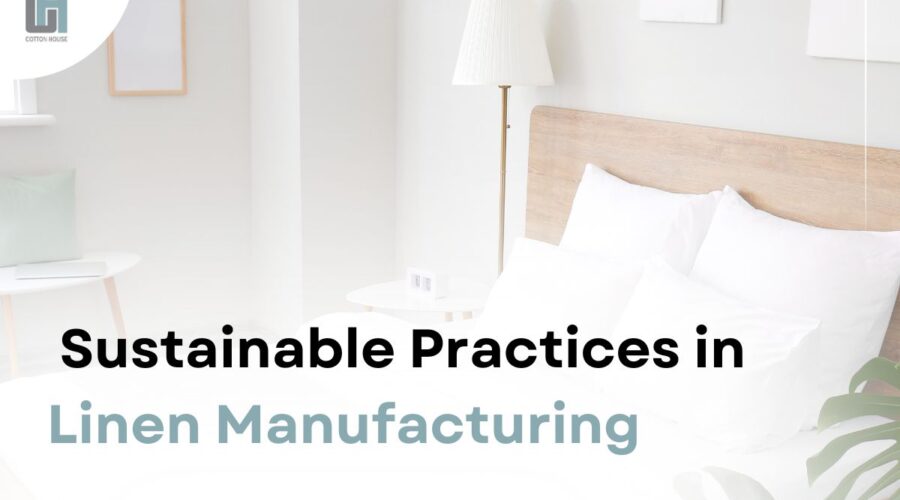
Finding the softest bed sheets isn’t just about adding a touch of luxury to your bedroom; it’s about ensuring every night’s sleep is blissfully comfortable. But with so many materials to choose from, what exactly is the softest bed sheet material? This question is more significant than you might think, as the right material can transform your sleep quality dramatically.
In this blog, we’ll discuss which is the best material for bed sheets that not only promise not only softness but also durability and ease of care. Whether you’re looking to change your bedding or simply curious about what makes a fabric soft and inviting, our insights will help you make an informed decision. Get ready to turn your bed into the ultimate comfort zone, where every sleep is a dreamy escape.
Top Materials for Softness:
Cotton:
Cotton is revered for its breathability and natural softness, making it a staple in the realm of softest bed sheets. Egyptian cotton, a subset, is particularly luxurious, known for its long fibers that make the sheets both stronger and softer. These sheets adapt well over time, becoming softer with each wash. Pima cotton is another high-quality variant, grown primarily in the Southwestern U.S., known for its similar softness and durability but at a slightly more accessible price point than Egyptian cotton.
Bamboo:
Bamboo bed sheets are celebrated for their eco-friendly properties and moisture-wicking capabilities, making them a popular choice for those looking for luxury bedding. The material is derived from bamboo fibers, which are both soft and strong, offering a silky feel that rivals even the top cotton sheets. They are also hypoallergenic and can help regulate temperature, keeping you cool in summer and warm in winter.
Tencel:
Tencel sheets, made from wood cellulose, are recognized for their sustainability and exceptional softness. They are incredibly smooth, breathable, and moisture-wicking, making them ideal for sensitive skin. Tencel is also environmentally friendly, often requiring less energy and water to produce than other fabrics. This material is great for those seeking the softest bed sheet material while being conscious of their environmental impact.
Silk
Silk sheets, often considered the epitome of luxury bedding, offer a uniquely smooth and cool sleeping experience. They are naturally hypoallergenic and resist dust mites, mold, and fungus, which is beneficial for allergy sufferers. The fabric’s natural proteins can also help keep your skin and hair healthy, reducing friction and moisture loss while you sleep.
Flannel:
Flannel sheets are best known for their warmth and coziness, making them a popular choice for colder climates. They are typically made from cotton, wool, or synthetic fibers that are napped on one or both sides to create a soft, insulating feel. Flannel sheets benefits include their ability to hold heat and provide a soft, inviting bed during chilly nights.
Each of these materials offers unique benefits and feels, making them contenders for the best material for sheets depending on your specific needs and preferences. Whether you value sustainability, luxury, or warmth, there is a material that matches your criteria for the perfect night’s sleep.

What Makes Sheets Soft?
The softness of bed sheets, a quality often synonymous with comfort in sleep, is primarily determined by the thread count, the type of material used, and the weave of the fabric.
Thread Count:
Thread count refers to the number of threads woven together in a square inch of fabric. Contrary to popular belief, a higher thread count doesn’t always mean a better quality sheet. The ideal range for softness combined with durability is typically between 300 and 500 threads per square inch. This range provides a good balance, ensuring the sheets are soft yet durable enough for regular use. It’s important to note that extremely high thread counts (e.g., 1000 and above) may actually detract from the breathability and comfort of the sheets, as they can lead to a denser, heavier fabric that might not be as breathable.
Material:
The softest bedsheet material often includes cotton, especially high-quality types like Egyptian and Pima cotton, known for their long fibers that create softer and more durable sheets. Other materials known for their softness include bamboo, which is not only soft but also eco-friendly and moisture-wicking, and Tencel, known for its silky feel and sustainable properties.
Weave:
The weave of the fabric also plays a crucial role in its feel. Percale and sateen are two common weaves for sheets. Percale is a basic grid-like weave that feels light and crisp, while sateen has a satin weave that feels silky and luxurious. The choice between these weaves often comes down to personal preference for feel and breathability(Cotton House).
By understanding these factors, you can choose the best material for sheets that offer the ultimate comfort and enhance your sleeping experience. For more detailed insights on thread counts and how they influence the softness and overall quality of bed sheets, you might find the discussions on Cotton House’s blog helpful, particularly their comprehensive guide on thread count.
Expert Recommendations and Reviews:
When it comes to choosing the softest bed sheets, experts recommend looking for quality materials and reputable brands. Here are some top picks based on expert reviews:
Egyptian Cotton: Often touted as the softest bed sheet material, Egyptian cotton is praised for its long fibers that create luxurious and durable sheets. Experts from ‘The Spruce’ suggest that Egyptian cotton sheets, like those from Comfy Sheets, offer a perfect blend of comfort and longevity, making them a top choice for those seeking the best in bedding (Prudent Reviews).
Bamboo Sheets: Known for their softness and eco-friendly attributes, bamboo sheets are recommended by ‘Sleep Foundation’ for their silky texture and temperature-regulating properties. Brands like Cariloha are often highlighted for their exceptional quality bamboo bed sheets, offering comfort without compromising on sustainability (Sleep Foundation).
Tencel Sheets: For those looking for an eco-friendly option without sacrificing softness, Tencel sheets are highly recommended. They are celebrated for their moisture-wicking properties and smooth feel, making them ideal for sensitive skin. The ‘Sleep Foundation’ review points out that Tencel sheets from brands like Ettitude offer both luxury and environmental benefits (Sleep Foundation).
Percale and Sateen Weaves: When discussing weaves, experts often recommend choosing between percale and sateen based on your texture preference. Percale sheets are known for their crisp feel, ideal for those who get hot at night, while sateen offers a smoother, more luxurious feel. ‘Wirecutter’ suggests that L.L.Bean’s percale and Brooklinen’s sateen sheets provide excellent options in their respective categories ( Business Insider).
These expert reviews and recommendations can help guide you to the best material for sheets, tailored to your specific preferences and needs. Whether you prioritize softness, sustainability, or specific weave types, there is a high-quality option available that meets expert standards.
Conclusion:
When it comes to selecting the softest bedsheet material, your choice can significantly impact your comfort and quality of sleep. With options like Egyptian cotton, bamboo, Tencel, and silk, you can find a fabric that offers the perfect combination of softness, breathability, and durability. By understanding what makes each material unique, such as thread count and fabric weave, you can invest in the softest bed sheets that meet your personal sleep needs, ensuring every night is a cozy, comfortable retreat.
FAQS About Softest Bedsheet Material
What is the softest material for bed sheets?
The softest material for bed sheets is typically Egyptian cotton or bamboo. Egyptian cotton offers a luxurious feel due to its long fibers, while bamboo is naturally soft, hypoallergenic, and breathable.
How does thread count affect the softness of bed sheets?
A higher thread count generally means softer bed sheets, as it indicates more threads per square inch. However, beyond a certain point (around 400-600), the difference in softness becomes minimal, and fabric quality becomes more important than thread count.
Are there any eco-friendly soft bedsheet materials?
Yes, bamboo and organic cotton are eco-friendly options. Bamboo is sustainably grown, requires less water, and is naturally soft. Organic cotton is grown without harmful chemicals, maintaining softness and environmental benefits.
What bedsheet material is best for sensitive skin?
Organic cotton and bamboo are ideal for sensitive skin. Both materials are hypoallergenic, breathable, and free from harsh chemicals, reducing the risk of irritation.



